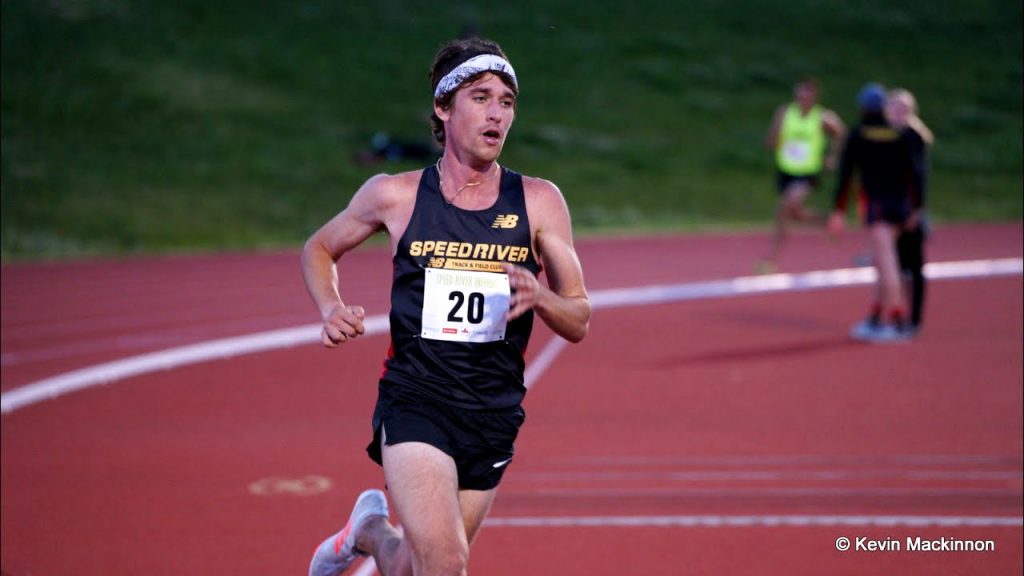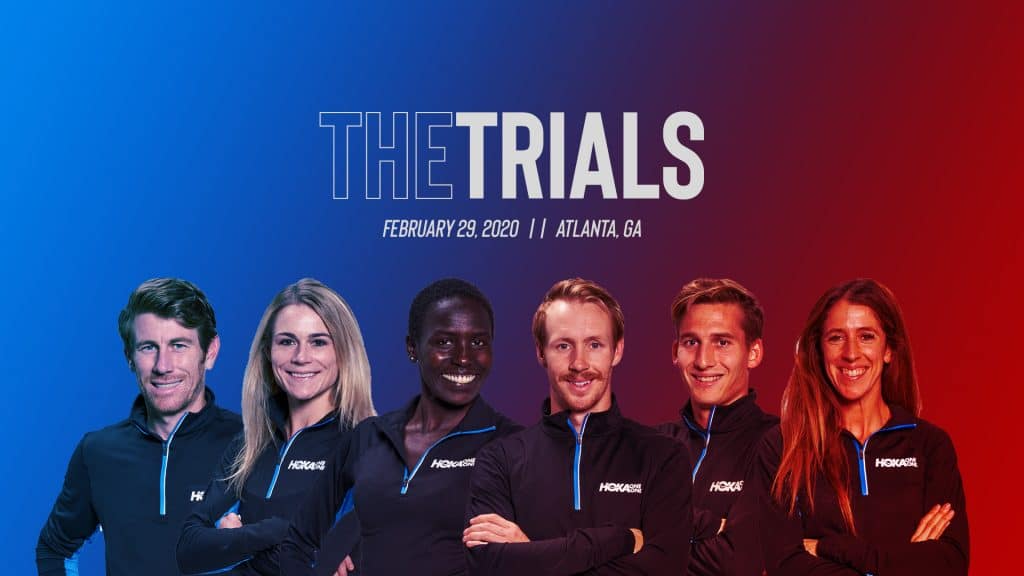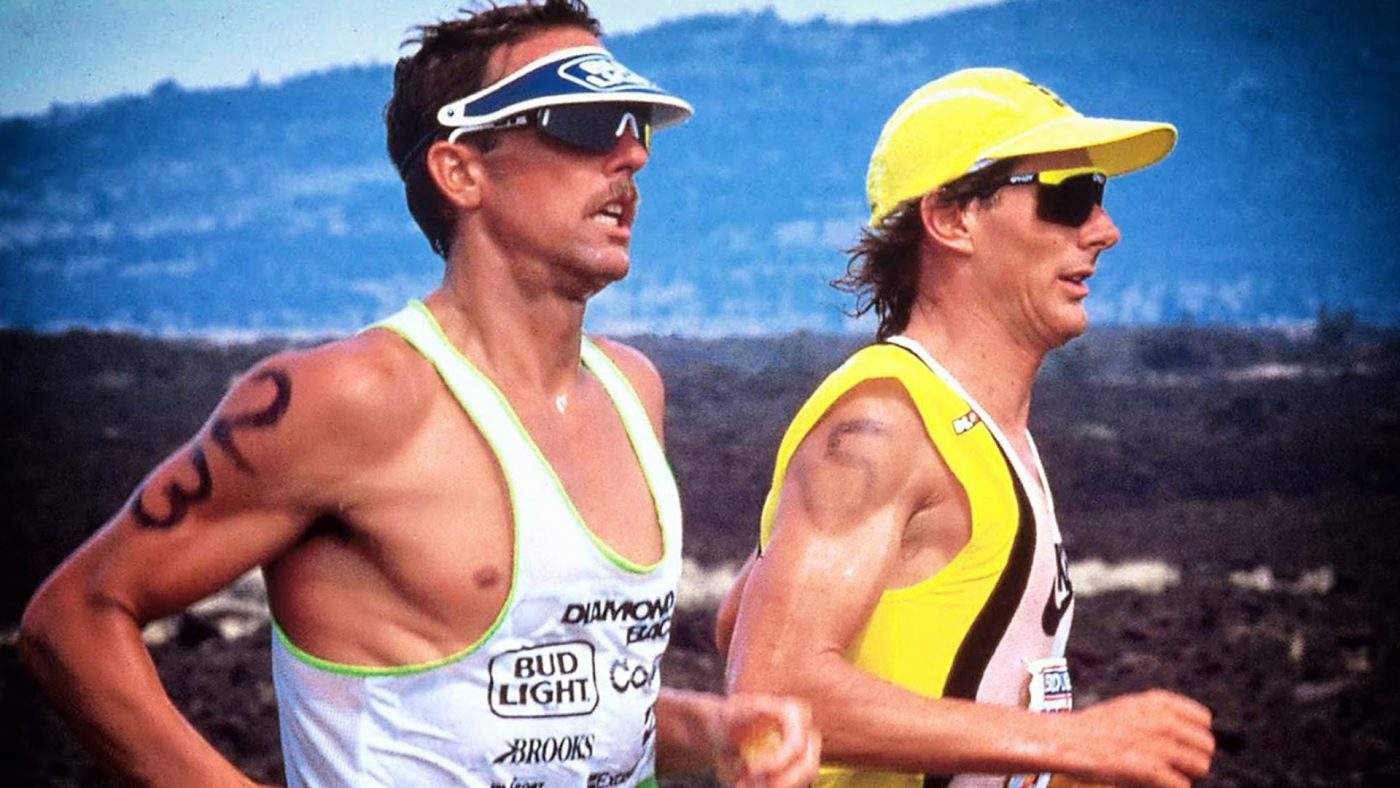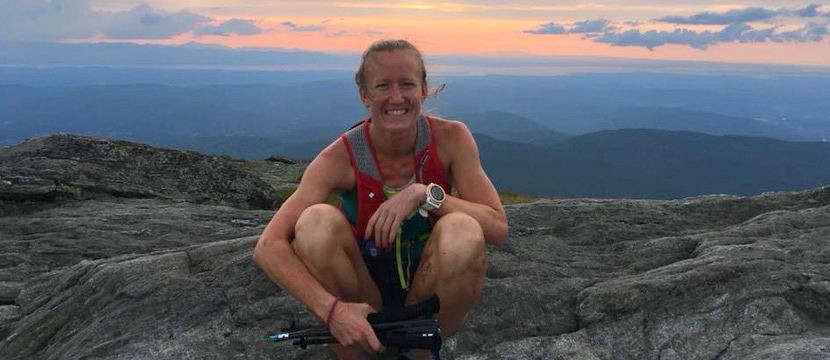Knowledge is power. I’m sure you’ve heard that one a few times. Knowledge is important in our lives. It enables us to make a whole lot of A’s; assumptions, accusations, and when we have conflicting knowledge, arguments. Knowing creates conflict, comfort and security, nerves, and so many other things that I’m sure you’re all well aware of, because you’ve lived, and you have general knowingness (is that even a word?… I don’t know).
In our everyday lives, knowledge is important. Knowledge puts food on the table. Having expertise in a subject, or in a variety of, lands us jobs, we earn money, and we can buy things that add value to our lives. Embodying good character, and knowing how to be ourselves, allows us to be civil with, and form healthy relationships with one another. Knowledge protects us. Knowing that a hot stovetop will indeed burn you, will save you from touching it and getting burnt. Likewise, simply trusting another human’s knowledge that you may not yet embody, can help you, and you can learn from it. So, when your mother tells you NOT to touch the searing hot stovetop, you trust her, and you don’t go touching it… Sorry mom 🙁
Knowledge isn’t something you either have or don’t have. Everyone has knowledge. Without it, well, it’s hard to imagine life without knowledge. Knowledge is built through experience, and from the day you were born, you’ve been experiencing a lot. We all have.
Now I’m no philosopher so let me stop talking like I am and move onto what we’re all here to read about – knowledge and running. Or better yet, does having more knowledge make one faster? That’s a question that I’m going to say, straight up, I don’t know the answer to. Rather, I’m here to share my knowledge on the matter.
Let’s start from the beginning. Like the beginning beginning. To be good at running, you have to know how to run. When you were just a baby, you learned how to roll onto your stomach, then crawl, stand up, walk, and then you learned how to run. You did this by constantly failing and trying again. You obtained your own knowledge of how to run through your experiences. Congrats! That’s the first big step to running fast – knowing how to run in the first place is pretty key I must say.
Next, you grow older, and years down the road, you actually take an interest in the sport of running because you suck at everything else (or you’re actually naturally good at it… my apologies). You’re in high school, and you attend your first indoor track practice. You walk through the revolving doors, in awe of how this pristine indoor track is encompassed in a pressurized, air filled dome, protected from the harsh elements of winter. You take your first couple of steps onto the Mondo, and you can’t wait to lace up and run your first lap. You notice the perfect white bubble, lanes separated by heavy white lines, numbers painted to mark different events, the sound of tennis balls echoing from the inside of the track, and then WHAM. You get absolutely LEVELED by the sprinter in the outside lane, because your dumbass self doesn’t know track etiquette. Being knowledgeable in track etiquette is important. It keeps you in one piece. Speaking from experience here.
You’re more competitive in the sport now. A few years have passed since getting thrown down by a sprinter much bigger than yourself, and you always look both ways before crossing the track. You’re faster now. You no longer split 55 / 67 for that 2:02 800m. You learn how to read your body and gauge how you feel in races. Your races are consistent, and you rarely have a bad day. You’ve matured greatly, because you’ve been through a lot the past few years; You’ve suffered in workouts, and you’ve gained a lot of knowledge with the help of your coach(es), teammates, and countless failures. Knowing how to read your body is very important. Without it, we wouldn’t have a sense on how to pace ourselves in workouts and in training. We’d all have a one-way ticket to lactic city every time we raced.
You have a big race today, but you know you’re well prepared. You ate your pasta dinner the night before, you’ve been getting in your 9+ hours of sleep, workouts have been on point, and your taper has been rewarding you with a fresh set of legs. You ace your race, a new PB! Knowledge creates habit, familiarity, and comfort. Through trials of different food, taper strategies, and workouts, you know what works for you.
Knowledge can be great for running. Knowing how to run, along with some basic track etiquette is essential. Listening to your coach and trusting their shared knowledge, will help you grow in the sport and get faster. Knowing how to create good habits, and getting into your comfort zone, puts your mind at ease and leads to positive race results. But what happens when you don’t know? What happens when you think you know, but you don’t? Or, better yet, what happens when you know too much?
Too much knowledge can make us slower. When I started high school, I was really good. In my early years of high school, I was ahead of my competitors, because I had a few extra years of experience. I was undefeated in the cross-country season, winning six or seven consecutive races. At this time, I was introduced to the message boards, which I’m sure many of you are familiar with. On the message boards, I was predicted to win the Olympics, err, I mean OFSAA, which is pretty much the same thing, so it’s kind of a big deal (jokes). Reading that people had this confidence in me, made me feel good, but it was adding unwanted pressure… I ended up 15th in my race. I knew too much about what other people thought of me, and I knew too much about my competitors, and I gave too many %#*@’s. I ran the race in my head a hundred times before the gun went off, and when it finally did, I had nothing. It took me a few more years to realize that the message boards were doing me no good, and I haven’t touched one since. Having the knowledge about what other people thought of me, be it positive or negative, was getting to my head. This knowledge was bad knowledge, and it was keeping me from performing when it mattered most.
I enjoy not knowing what my competitors are doing. I share my training log to the public through a great, simple platform called Final Surge. You can see my training here: https://finalsurge.com/evanesselink. I wanted a platform that made it easy for me to log in my days and stay in my own head. Final Surge does just that. You see, I don’t want to know what others are doing, or how others are training. I can’t control what others do, but I can control what I do. I share my log through Final Surge because it’s clean and simple. Anyone can see my training on their terms and on their interest level. You can know as little or as much as you want about what I’m up to.
At a certain point in this sport, knowing too much can be detrimental to our performances. We start to overanalyze every little thing in our training; eating, sleeping, habits, how others are training, etc. Running shifts from being something that we do, to someone we are. Our happiness starts to depend on our performances on the road, track, or cross-country course, and that’s not healthy… well, not for me at least. Learn the basics. Know how to hurt, know how to pace yourself, know how to listen to your coaches, know how to hydrate, fuel, and have a ton of fun while doing it (because this sport is fun!). Just remember, not knowing, or not always having an answer for something can be exciting, and you may even be rewarded with a shiny new PB for your ignorance 😉





